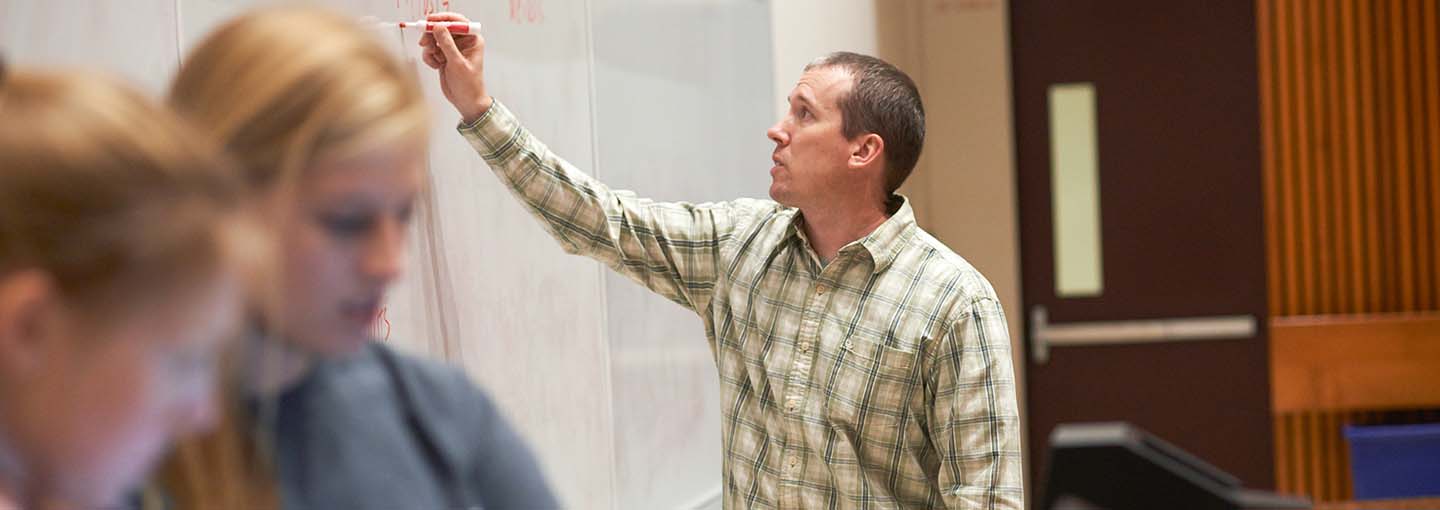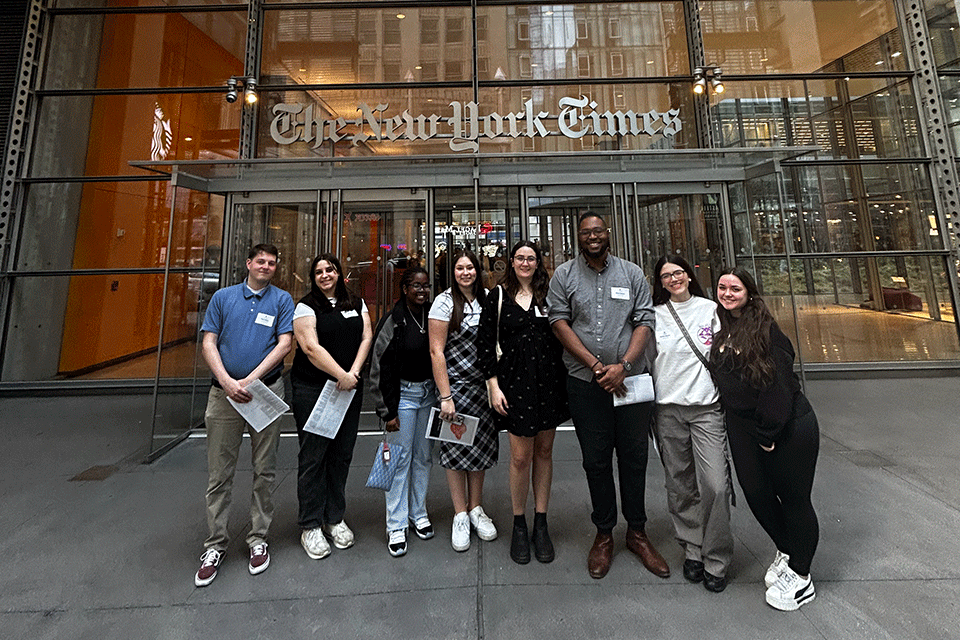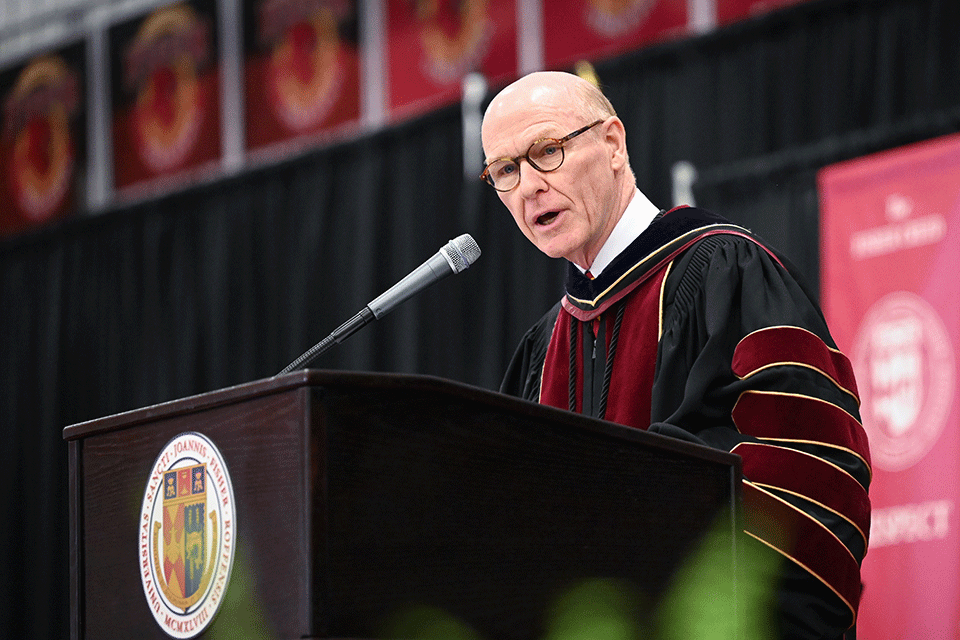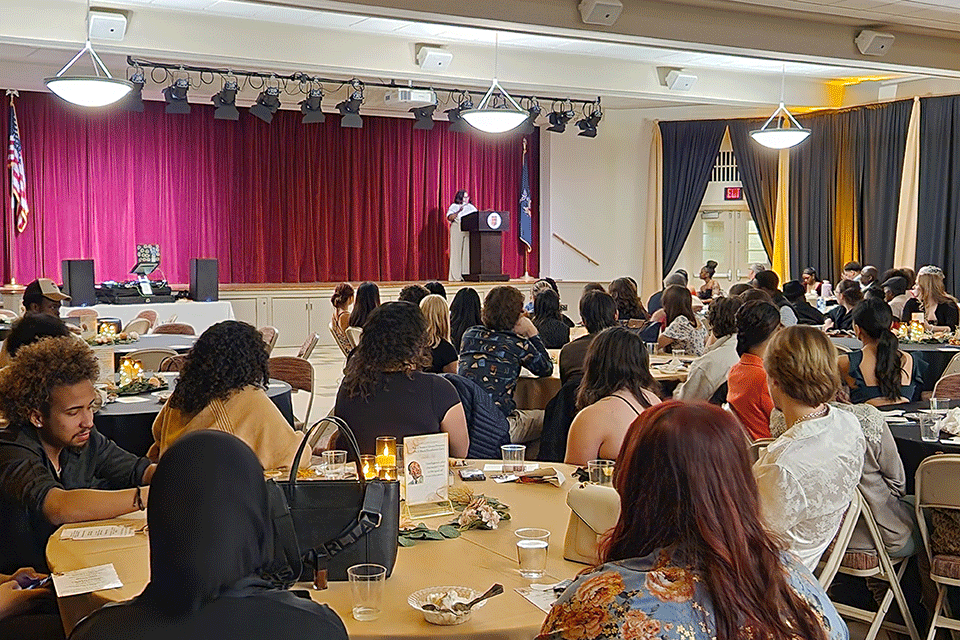
- Student to faculty ratio: 12:1
- Typical class size: 20-25
- Fisher family:1
Economics
Studying economics at Fisher combines the best of liberal arts training with opportunities to gain skills and experience to prepare you for success.
Fisher's economics program is taught as a liberal arts discipline. The curriculum is designed to hone your analytical and critical-thinking skills while building your economic prowess. As a graduate of the program, you will be able to leverage the flexibility, global perspectives, and analytical abilities you learn at Fisher into career success.
An additional benefit of the program is that you will have the opportunity to interact with your professors, applying what you have learned in the classroom while working on projects with them.
Program Overview
You are required to complete a set slate of economics courses that account for 24 of the necessary 36 credits. Electives, which comprise the remainder, are chosen to match your interests and career goals. Economics and Sport as well as Law and Economics are examples of the multidisciplinary electives offered within this program.
In the classroom, you’ll go beyond lectures to participate in class discussions, presentations, and individual and group projects. Additionally, economics majors are encouraged to take advantage of The Washington Experience—a semester spent living and working in the nation’s capital--and finance-focused semesters abroad in London and other locations.
Life After Fisher
Your career possibilities are almost limitless, thanks to the knowledge and skills you gain through this program. Upon graduation, your skill sets and ability to see "the big picture" will be highly valued in the education, business, government, finance, and human services sectors.
A sampling of positions held by Fisher economics graduates includes:
- Portfolio administrator
- Financial analyst
- Project estimator and manager in the construction industry
- Payroll specialist
- Utilities finance coordinator
- Collections paralegal
- Actuary
- Lawyer
- Teacher
Others have pursued graduate education in law, economics, public policy, and business at institutions such as George Mason University, University of Rochester, Syracuse University, Carnegie-Mellon University, University of Dayton, Stetson School of Law, Michigan State University, and the Institute for European Studies at the University of Belgium.
-
MBA Early Assurance Program

Fisher offers a select group of incoming first-year students who enter Fisher directly from high school an opportunity to participate in the MBA Early Assurance Program.
Learn More About Early Assurance
Social Sciences News


